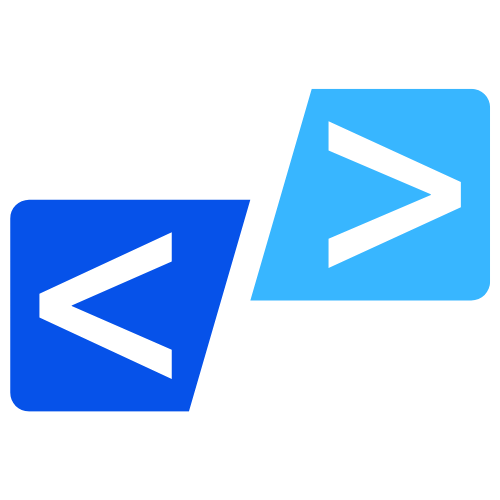
Imagine scrolling through social media while your fitness tracker logs your heart rate. Every click, search, and biometric reading creates digital breadcrumbs – but who really owns this information? While tech giants build trillion-dollar empires using your data to train AI systems, most people remain unaware they’re sitting on potentially valuable assets. This imbalance is fueling a quiet revolution in data ownership, and it’s about to change how we interact with artificial intelligence forever.
Anna Kazlauskas, co-founder of decentralized data platform Vana, compares today’s data economy to the early days of oil drilling: “We’re in the wild west phase where a few powerful entities extract value while the actual resource owners – everyday people – get nothing.” Her solution? Treat personal data like a natural resource that individuals can collectively manage and monetize through blockchain-powered tools.
The Hidden Value of Your Digital Footprint
Your 3AM TikTok scroll sessions might seem worthless, but aggregated with millions of others’ behavior patterns, they become gold for AI training. Current models thrive on diverse data sets, yet 80% of usable information remains locked in corporate silos according to MIT research. Vana’s approach flips this dynamic by enabling users to:
- Pool data through decentralized autonomous organizations (DAOs)
- Set usage terms via smart contracts
- Earn through the VRC-20 data token standard
| Centralized Data Model | Decentralized Alternative |
|---|---|
| Platforms own user data | Users retain ownership |
| Single company controls access | DAO members vote on permissions |
| Profits concentrated | Revenue shared via tokens |
| Limited innovation access | Open ecosystem for developers |
When Your Fitbit Becomes an ATM
Health data presents one of the most compelling use cases. A pilot project with diabetes patients demonstrated how pooled glucose monitor readings could:
- Train AI to predict blood sugar crashes
- Generate $27/month per participant
- Improve treatment protocols
“This isn’t about selling your private information,” Kazlauskas clarifies. “It’s about controlled contribution – like donating blood samples for medical research, but with transparency and compensation.”
The ChatGPT Killer Might Come From Reddit
Vana’s collaboration with Flower Labs on COLLECTIVE-1 reveals an ambitious vision: AI models trained on cross-platform data that no single company could legally access. Imagine language models absorbing both:
- Professional LinkedIn posts
- Casual Twitter/X threads
- Niche Subreddit discussions
Early tests show these models develop more nuanced understanding than siloed alternatives. A cooking AI trained on 100,000 pooled recipe blogs and YouTube comments could suggest ingredient substitutions with startling creativity.
Four Roadblocks to the Data Revolution
Despite the promise, challenges remain:
- Data Portability: Extracting your Uber ride history remains needlessly complex
- Standardization: Different formats for similar data types
- Security: Preventing deanonymization attacks
- Education: Helping users understand data’s value
Kazlauskas remains optimistic: “Tools like GDPR data downloads and Apple’s privacy labels show the tide’s turning. Soon, claiming your data will be as routine as checking your bank balance.”
Resources: Your Data Ownership Toolkit
FAQ:
Q: How do I start monetizing my data?
A: Begin with Vana’s free data wallet – it automatically scans connected apps for monetizable information.
Q: Are data DAOs safe?
A> Reputable ones use zero-knowledge proofs to keep raw data private while proving its validity.
Q: What’s the minimum data needed to earn?
A> Some music taste DAOs accept as little as 50 Spotify playlists.
Q: Can companies refuse to participate?
A> Emerging regulations like the EU’s Data Act will soon mandate user data access.
The Bottom Line
We’re witnessing the birth of a new asset class. Just as YouTube turned camcorders into income streams, decentralized data systems could transform our digital exhaust into AI-era dividends. The question isn’t whether data ownership will reshape tech – it’s whether you’ll be a passive observer or an active participant in this $500 billion shift.






